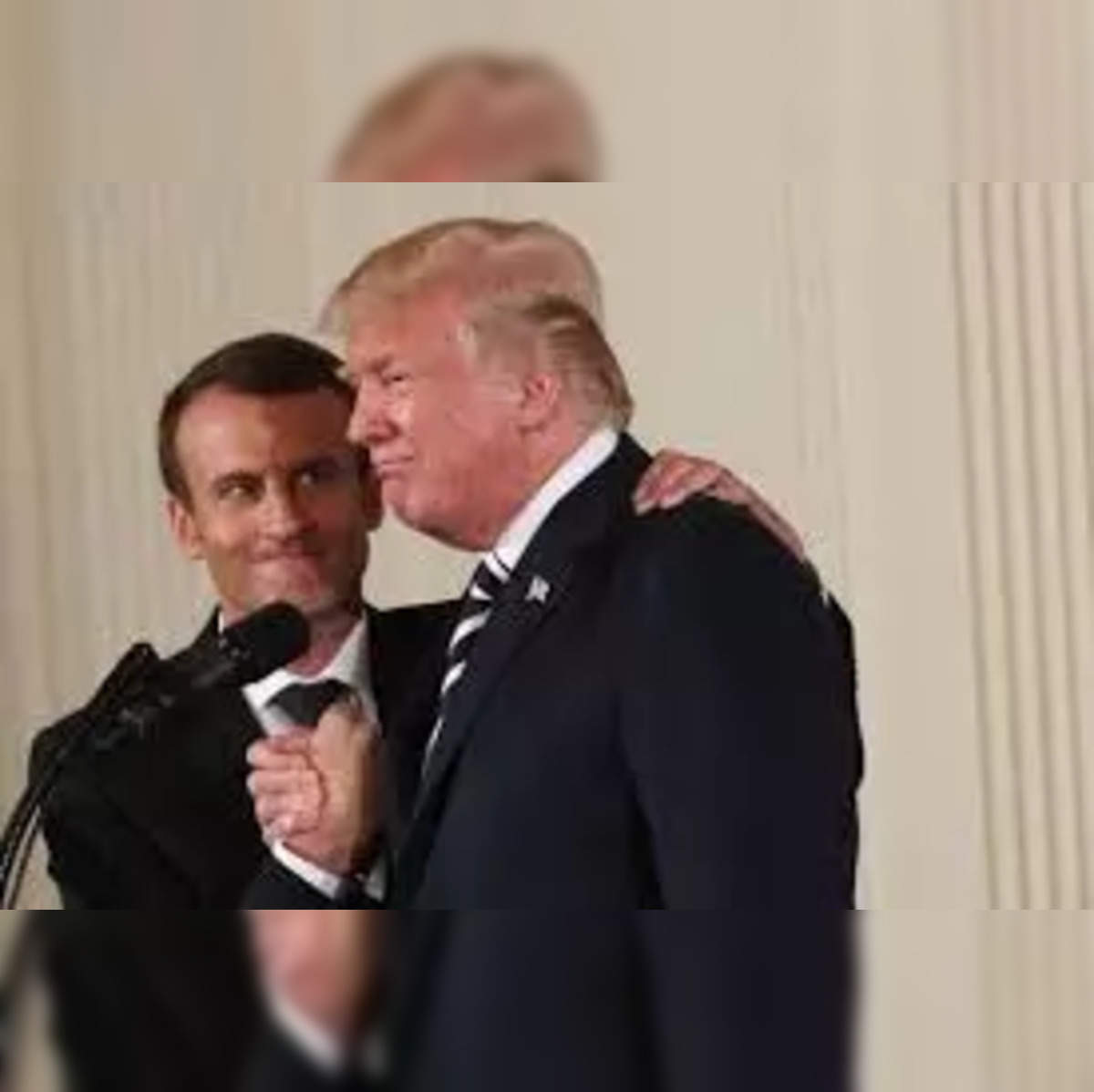
# Donald Trump’s Potential Presidency Instills Anxiety and Doubt in the Research Sector
The possible return of Donald Trump to the presidential office has ignited a surge of apprehension and discourse within the scientific and research policy sectors. Although some contend it is premature to ascertain how campaign statements will translate into actionable policies, a considerable number of scientists and policymakers are already preparing for substantial obstacles, referencing his past presidency as a reference point. Trump is set to take office with renewed authority, likely supported by a Republican-led Senate that may provide him more legislative backing than in his prior term.
The pressing query is—and a troubling one for many—what Trump’s potential presidency could signify for vital scientific research domains, including climate change, public health, renewable energy, reproductive health, and beyond.
## Apprehensions Regarding Cuts to Scientific Funding
A primary worry among scientists and policymakers is the possibility of Trump’s administration suggesting severe funding reductions to federal research entities such as the Department of Energy (DOE) and the National Institutes of Health (NIH), continuing the trend from his previous administration. Throughout his presidency from 2017 to 2021, Trump often proposed budgets that decreased funding allocations for these organizations. Ultimately, Congress, which was divided at the time, intervened to maintain funding and even achieved modest increases. However, the political environment may differ this time, raising the chances that Trump’s proposed reductions might be actualized.
John Holdren, former science adviser to President Barack Obama and a renowned environmental and climate scientist, cautions about the adverse outcomes if Trump follows through with budget reductions. “The disaster these reductions would have brought to basic research, environmental science, [and] energy R&D … was averted only by the prudence of congressional appropriators,” Holdren notes. “However, all signs indicate that the science and technology community cannot expect such favorable results this time; it could be disastrous.”
Holdren’s anxieties resonate with researchers across various disciplines. Organometallic chemist Melanie Sanford from the University of Michigan suggests that the anticipated emphasis on reducing deficits in the new Trump administration will lead to stagnant or decreased budgets for the NIH and the National Science Foundation (NSF). Both organizations have faced challenges in recent years from funding levels that have not kept pace with inflation, negatively affecting research advancement and constraining opportunities for early-career scientists.
## Expecting More Significant and Targeted Cuts
Even more alarming to numerous scientists is the belief that Trump and his Republican Senate associates will disproportionately focus on politically charged research areas, such as climate change, reproductive health, fetal tissue research, and vaccine development. Neal Lane, a physicist who acted as science adviser to President Bill Clinton, raises concerns about this potential threat. “We should be prepared for substantial budget cuts for the research funding agencies and even deeper cuts for studies that are not favored by conservatives,” he cautions.
For Lane and others, there exists a broader geopolitical anxiety: yielding leadership to China, which has made significant investments in scientific and technological research and development (R&D) in recent years, despite its own economic difficulties. “By reducing R&D and making America less attractive to foreign talent, we will be conceding leadership to China,” Lane suggests, a sentiment shared by many within the scientific community who worry that crucial research sectors will suffer under diminished federal backing.
## Possible Restructuring of Public Health and Environmental Agencies
Another prevalent concern revolves around the potential reorganization or dismantling of key institutions vital for public health and environmental safeguards, particularly the NIH, the Centers for Disease Control and Prevention (CDC), the Food and Drug Administration (FDA), and the Environmental Protection Agency (EPA). Trump’s previous administration was characterized by efforts to relax environmental regulations and cut funding for climate science. Many expect similar or even more severe actions if Trump resumes presidency.
Christine Todd Whitman, who headed the EPA under former President George W. Bush, forewarns of a significant drive to lessen environmental regulations that would impede endeavors to address climate change and ensure public health protection. “If Trump remains true to his statements … environmental regulation and science will face considerable depreciation,” she asserts. For Whitman, the ramifications of such modifications are long-lasting and extensive.
Derek Lowe, a drug discovery chemist and columnist for *Chemistry World*, also articulates serious concern. “This is the most glaring alarm bell that has echoed through American politics in my lifetime,” Lowe states. “If Trump and his affiliates genuinely meant what they say, we will be facing something unprecedented, and the consequences for US scientific endeavors will be calamitous.”
In spite of these worries, some are advocating for a more cautious attitude. Kelvin Droegemeier, an atmospheric scientist who served as Trump’s science adviser during his previous term, recommends prudence before reaching conclusions and posits that Trump’s objective of sustaining global scientific and technological leadership may still coincide with certain research priorities. However, Droeg